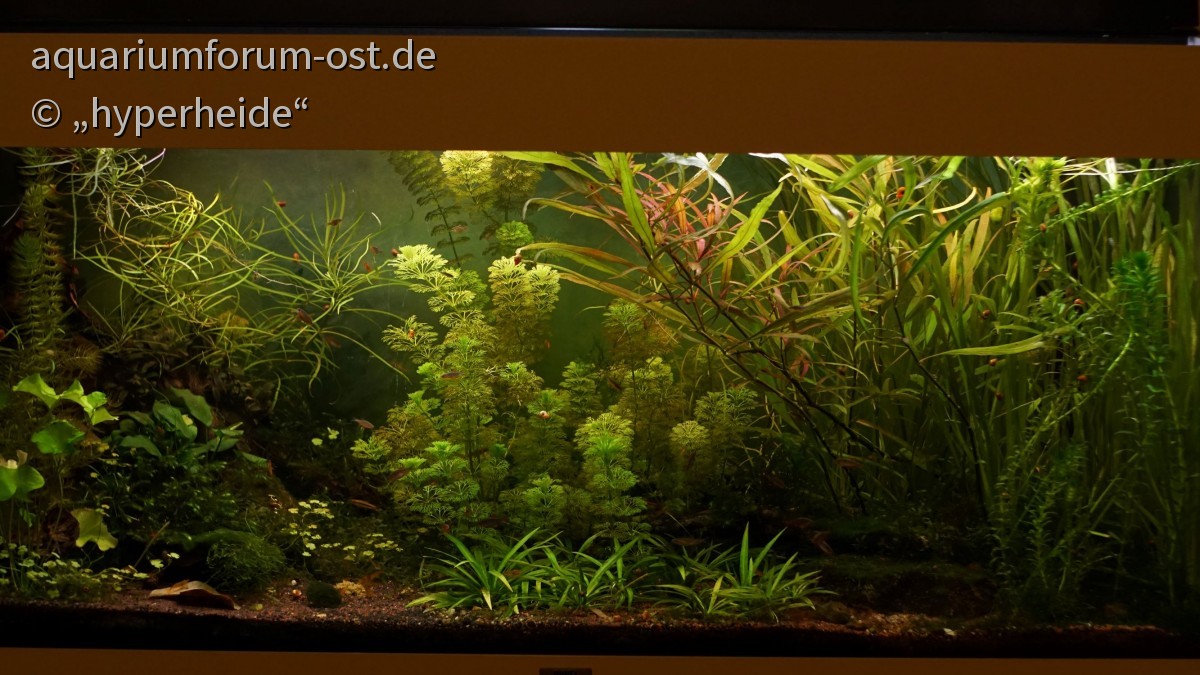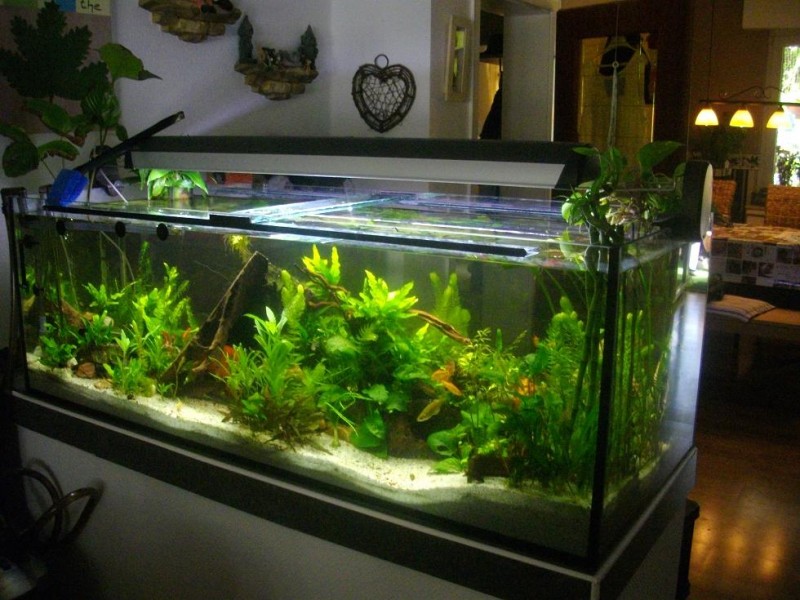

So while you might not need to dechlorinate your well water, you might still have to make some adjustments if other measurements are extreme or excessive.Īround here the entire house is always plumbed for soft water. API offers test kits for all of these parameters. That can vary with wells, depending on numerous factors such as how much rainfall you get, what the mineral make-up of your bedrock and surrounding geology is, and how much gets leached into the well water, itself. Mine is close to 300 feet down, and our water is pristine.Īnother thing you'll need to test for with well water is the pH, hardness or softness of water, and acidity or alkalinity. If it is more shallow, then it could be questionable. If you have a nice deep well, your water is probably very pure. Pipes through which your water travels might influence that if they're made of copper.ĪPI makes a copper test kit, and you can test directly from the tap as well as testing your tank water for it. You should also test it for heavy metals, and also for copper. You should get zero readings, I have with mine. Just to be safe, you might want to go ahead and test the well water that comes directly from your tap for ammonia, nitrite and nitrates.

If chlorine and chloramine are present, you'll have to dechlorinate new water just as you would if it came from municipal sources. If it's a community well, then it's possible somebody might be treating it with chlorine, and you would have to test for that. If it's your own private well on your private property and nobody in your family has treated it with chlorine, and you haven't treated it, then it's free of chlorine.

Ordinarily, you wouldn't need to dechlorinate well water.


 0 kommentar(er)
0 kommentar(er)
